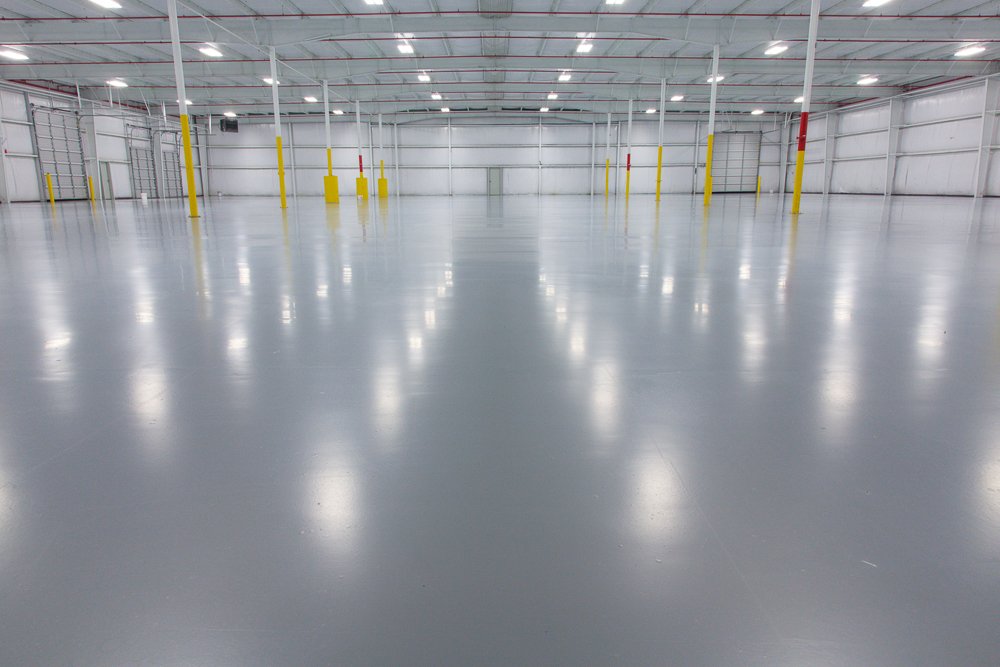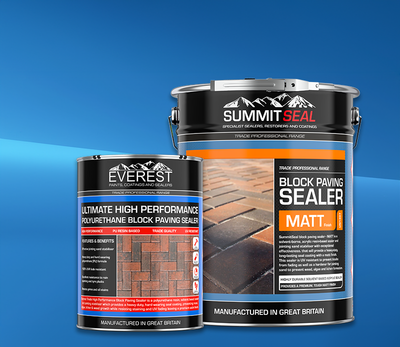Choosing the right industrial floor paint is not just about aesthetics; it's a decision that impacts the safety, durability, and functionality of a workspace. The right floor coating can withstand the rigorous demands of industrial activities, resist chemical spills, and endure heavy traffic. This guide aims to navigate through the complexities of selecting the ideal industrial floor paint, whether it's for a warehouse, a factory floor, or a commercial garage.
1. Polyurethane Floor Paints:
- Durability and Flexibility: Polyurethane paints are known for their exceptional durability and flexibility. They are resistant to abrasion, which makes them ideal for high-traffic areas.
- Chemical Resistance: These paints offer excellent resistance to chemicals, oils, and solvents, making them suitable for factories and warehouses.
- Application: Polyurethane paint can be applied over various surfaces, including concrete and metal. It's easy to clean and maintain.
- Considerations: While offering great protection, they can be more expensive than other options and may require a primer for best results.
2. Epoxy Floor Paints:
- Toughness and Resistance: Epoxy paints are extremely tough and offer superior resistance to heavy impacts, stains, and chemicals.
- Ideal Environments: They are perfect for environments that demand a high level of hygiene, like hospitals and food processing plants, due to their seamless and non-porous finish.
- Application Tips: Epoxy requires careful preparation of the floor before application. It has a limited working time once mixed, so professional application is recommended.
- Limitations: Epoxy can be slippery when wet and might yellow over time under UV exposure.
3. Alkyd Floor Paints:
- Cost-Effectiveness: Alkyd paints are more budget-friendly and are good for areas with lower foot traffic.
- Ease of Application: They are easier to apply compared to epoxy and polyurethane and dry relatively quickly.
- Versatility: Suitable for both interior and exterior surfaces, alkyd paints offer decent protection against general wear and tear.
- Drawbacks: They are less resistant to chemicals and abrasion compared to polyurethane and epoxy, and might not be ideal for heavy industrial use.
Practical Applications:
- Polyurethane: Ideal for automotive workshops, aircraft hangars, and areas requiring a balance of durability and aesthetic appeal.
- Epoxy: Best suited for medical facilities, food processing plants, and areas needing a hygienic, easy-to-clean surface.
- Alkyd: Great for light industrial areas, storage rooms, and exterior spaces where cost efficiency is a priority.
In conclusion, the choice between polyurethane, epoxy, and alkyd floor paints hinges on several factors, including the intensity of industrial activity, exposure to chemicals, budget constraints, and specific industry requirements. This guide serves as a starting point to help you identify the most suitable floor paint type for your industrial space. Remember, the longevity and effectiveness of the floor coating are as vital as the initial aesthetic it provides, ensuring a safe and efficient working environment for years to come.










